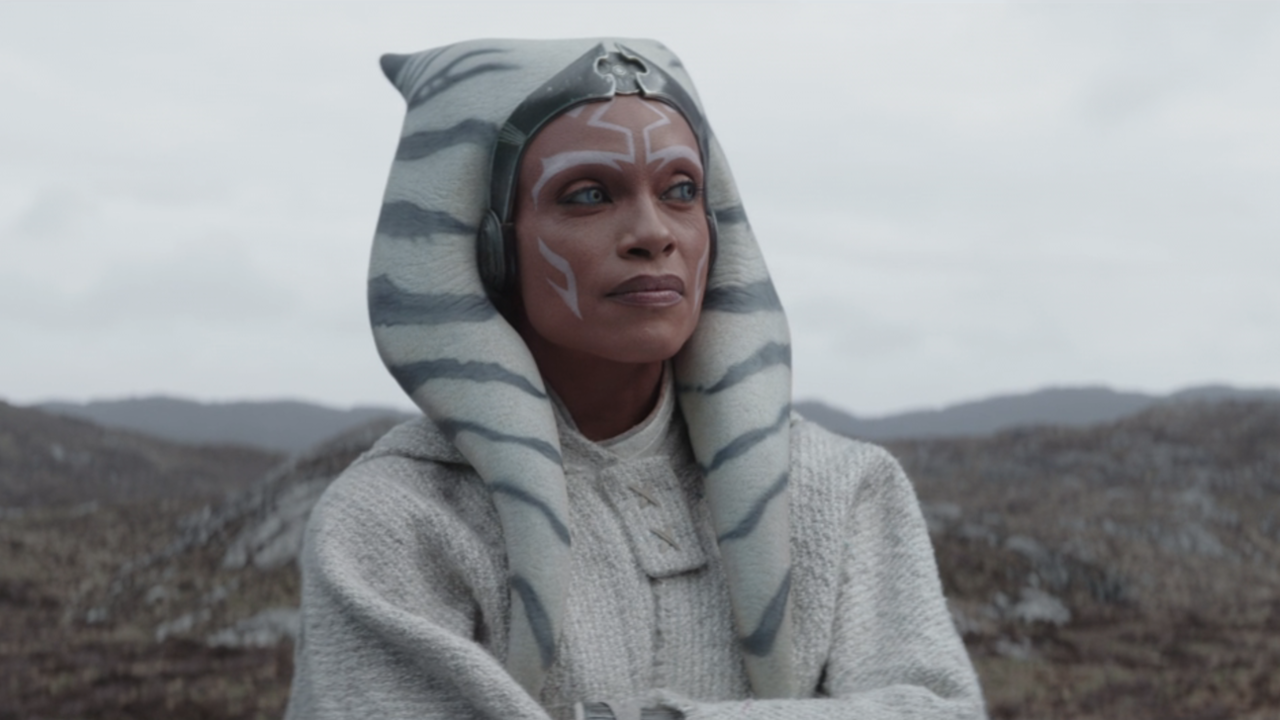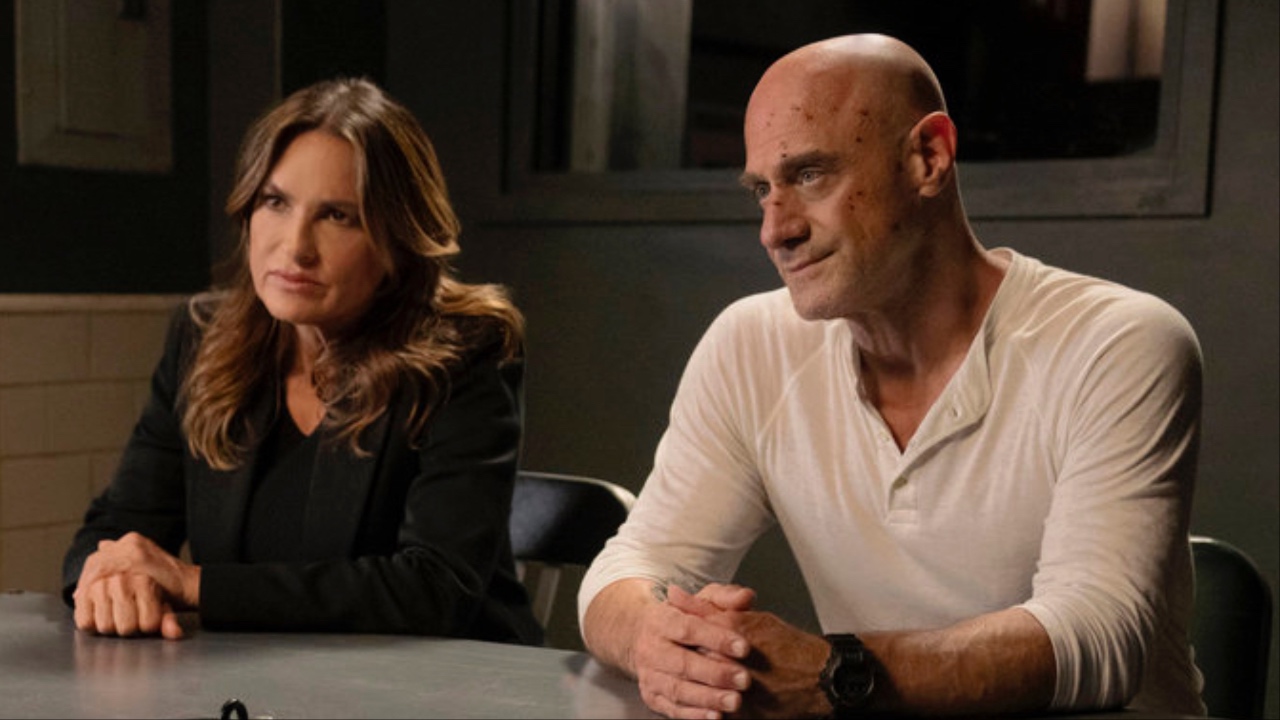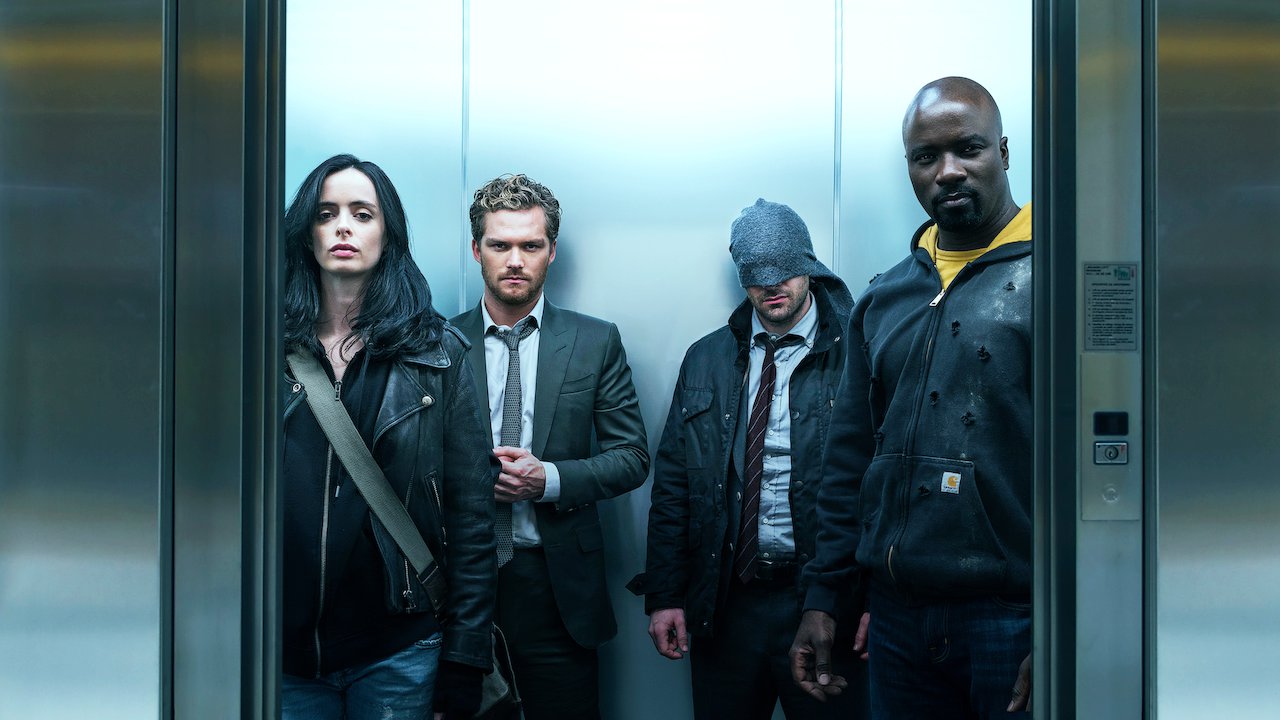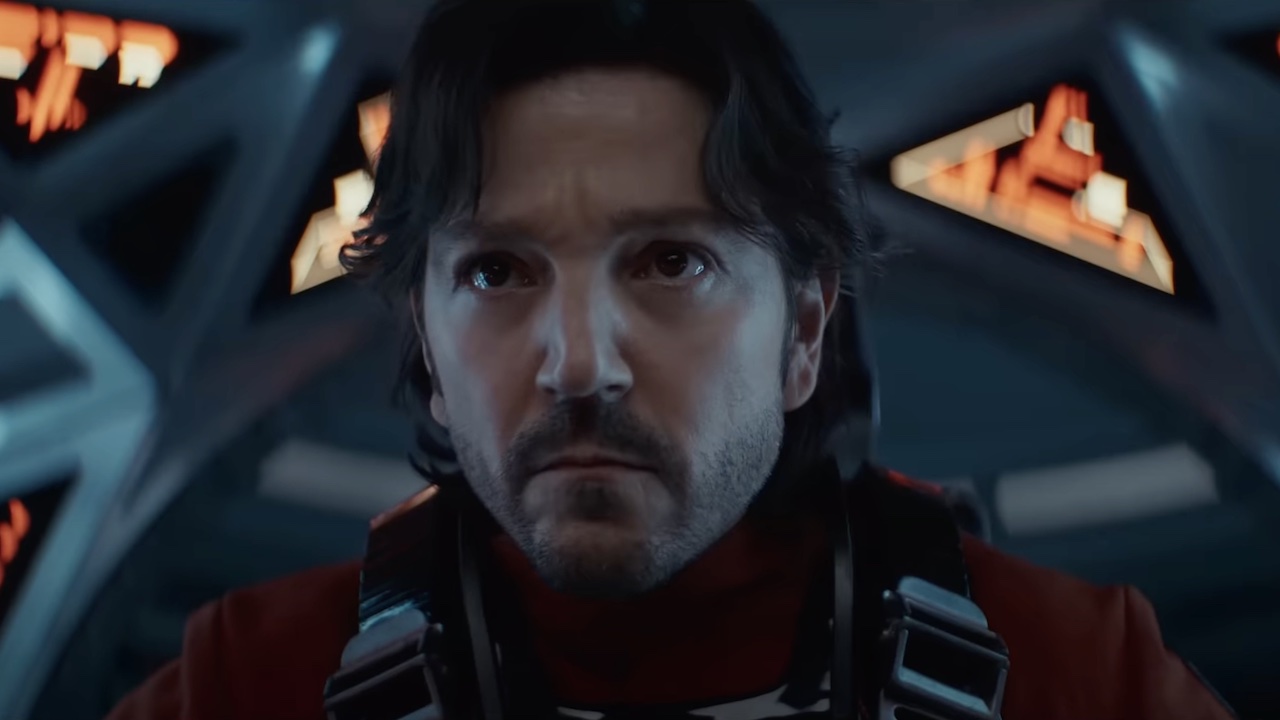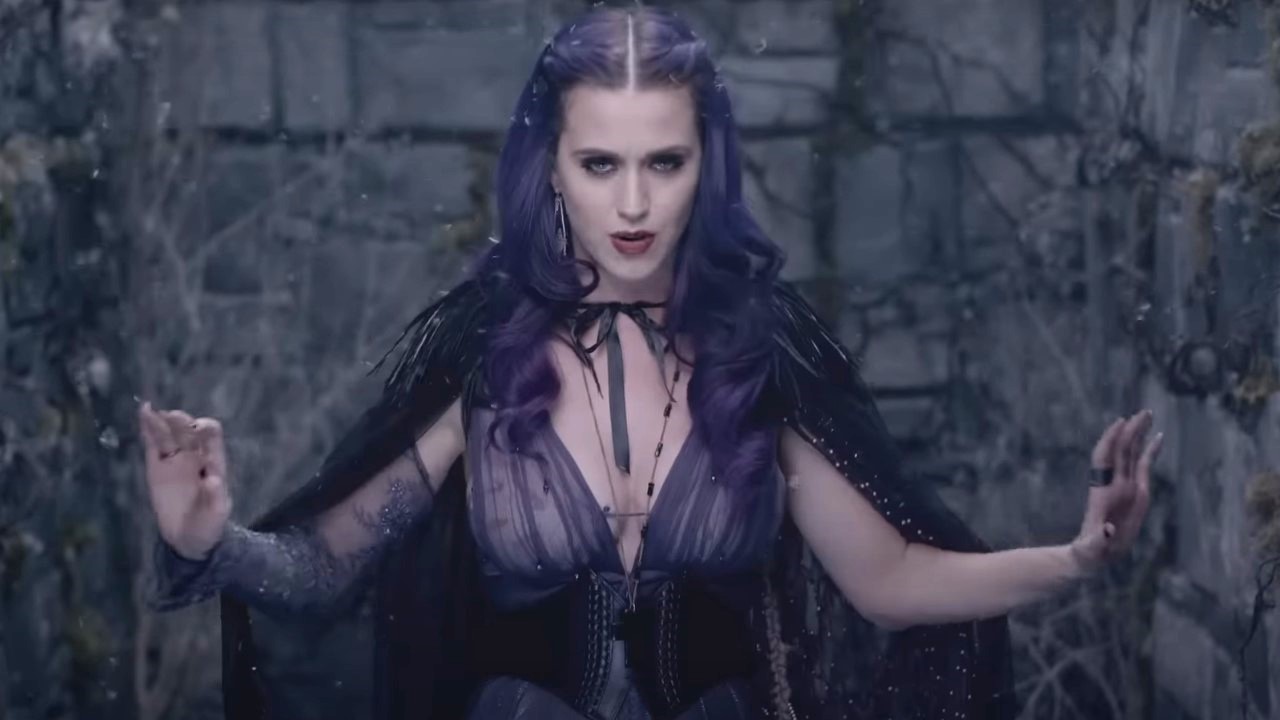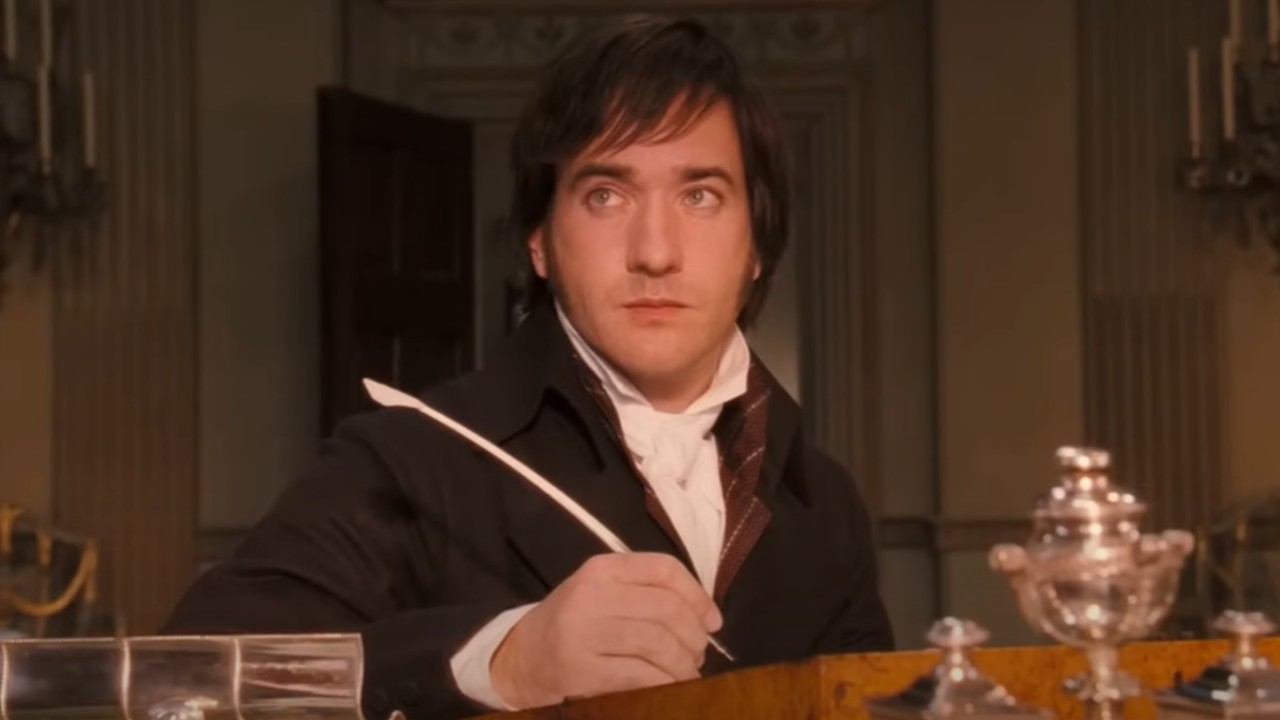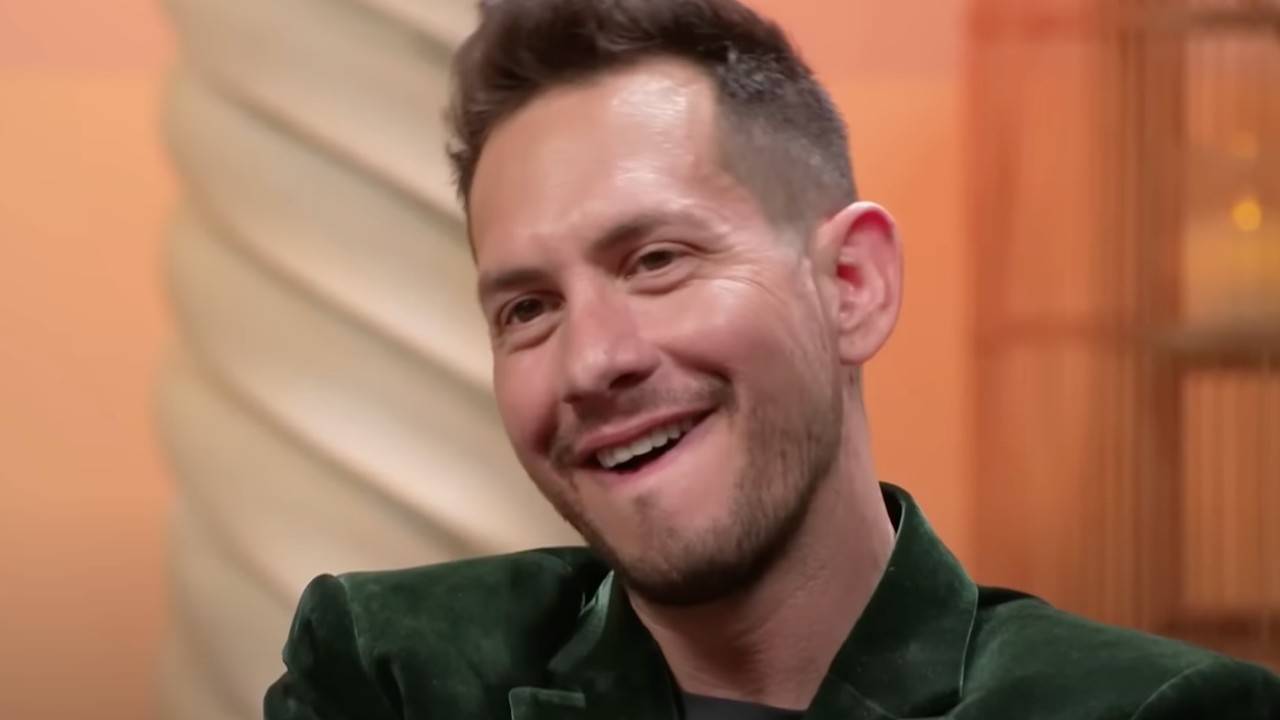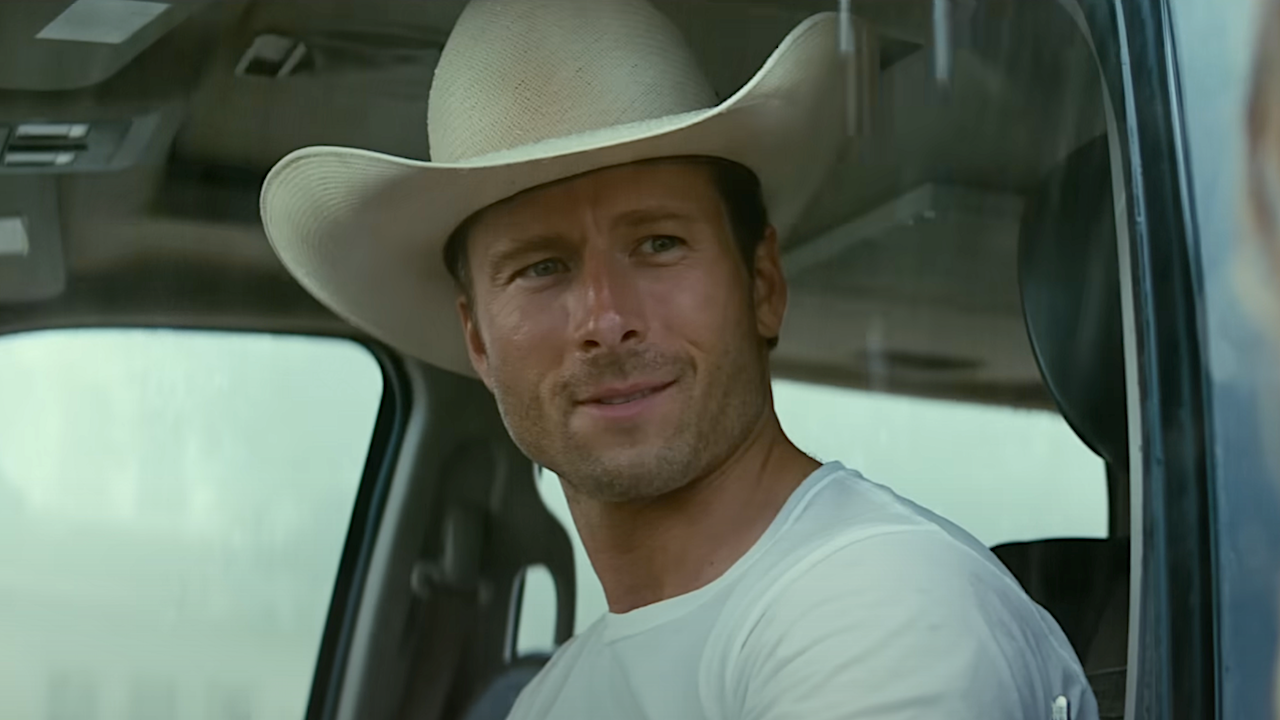TIFF Interview: Mark Romanek Becomes The Filmmaker He Wants To Be On Never Let Me Go
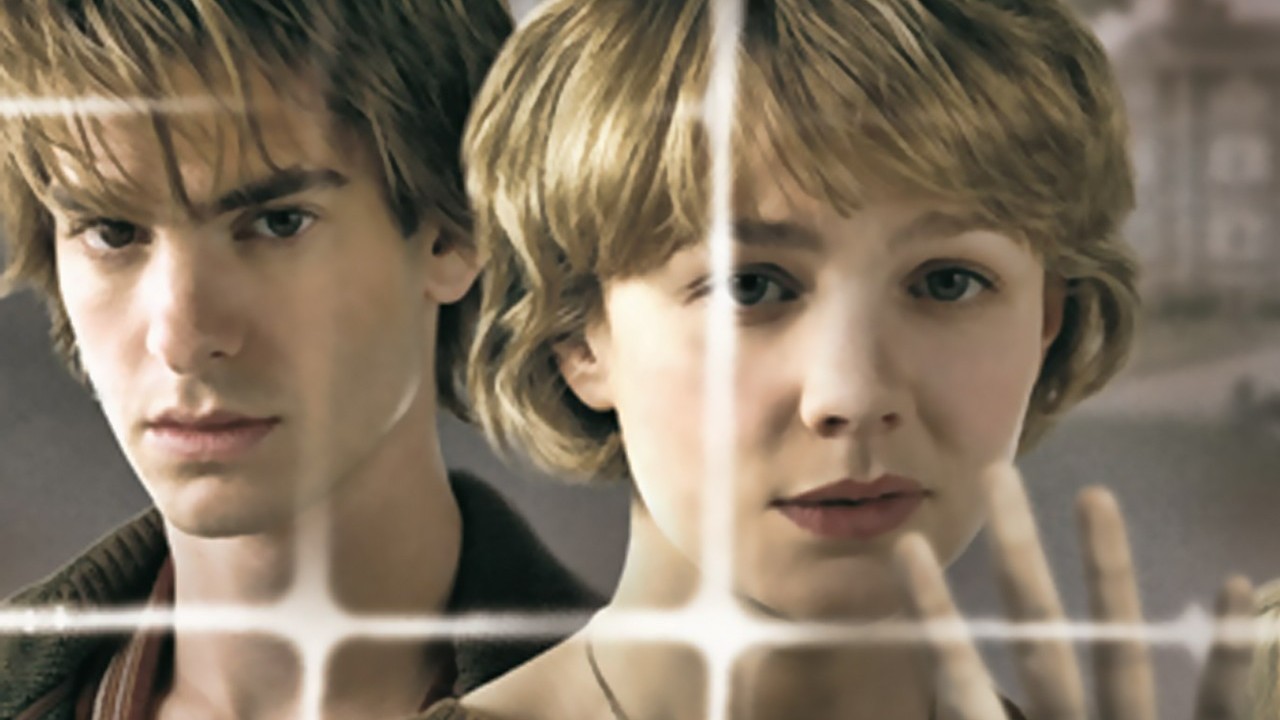
Mark Romanek is a guy full of surprises. The music video director behind icons like Fiona Apple's "Criminal" and Johnny Cash's "Hurt" made a feature-length splash with 2002's One Hour Photo, a creepy and well-shot thriller starring an out-of-character Robin Williams. After dabbling with a number of major studio projects in the following years-- including Universal's utterly doomed Wolfman remake-- Romanek seemingly took a hard left into prestige pictures, signing on to adapt Kazuo Ishiguro's acclaimed novel Never Let Me Go, about three friends growing up in an alternative reality version of rural Britain.
In person Romanek is as surprising as his career, bearing a thick black beard but a gentle, quiet speaking voice, talking frankly about the high expectations for a movie like Never Let Me Go--starring up and comers Carey Mulligan and Andrew Garfield and bona fide star Keira Knightley-- and how he feels this film marks the beginning of him becoming the director he wants to be. I talked to Romanek here in Toronto, both in a roundtable conversation and in a one-on-one chat later that day. What you'll read below is a combination of those two interviews. Never Let Me Go is open now in limited release; check out my TIFF review if you like, and read below for what Romanek had to say.
How did you go about casting Carey Mulligan?
Peter Rice saw Carey in An Education at Sundance and sent all of us a four word text that said "Hire the genius Mulligan." I asked him why it was such a brief [text] and he said "Because the movie isn't even over yet." He knew that we were struggling to find the right actress and he saw this girl just like everyone else in the world they went "Holy crap she's amazing." He said "That's Kathy," and at that point the movie was greenlit.
You said you wanted to cast amateurs as the three main kids, and that was an added challenge. What didn't you want that the professional kids would have had?
Oh just what you'd expect-- the artificiality or polish that made it seem inauthentic. My favorite child performance is in a Carol Reed film called The Fallen Idol--great, great film-- but apparently the kid was maddening to deal with. They could barely get him to pay attention, but the stuff that they cut together in that film…. I showed that to Spike Jonze when he was about to embark on Where the Wild Things Are. It was such a stunningly natural, great kid performance.
CINEMABLEND NEWSLETTER
Your Daily Blend of Entertainment News
You've said that you tried to put a Japanese aesthetic into the film, but there's also the British boarding school element, which you play with in this interesting way. How did you access that aesthetic and that movie tradition?
I could only access it as a subgenre of films, because I didn't go to a British boarding school, but all the guys who worked on the movie did. Whenever I was slipping off about a detail they said, no, that's not how it happened.
Such as?
Actually, the British boarding school experience turns out to be not that exotic. I really wanted the kids to be able to stand up and sit down again in the assemblies--
As like a visual thing?
Yeah, I just thought they would stand up when they sang the [Hailsham school] song. And I like that sound of 150 kids sitting down and scraping chairs in an echo-y hall. I just didn't want them standing there the whole time. There was some debate about some schools, we had chairs or benches, and in other schools they stood the whole time. That was it. It was nothing major really. I didn't want British people to see the film and go, "This is bogus."
But this is happening in its own alternate world, it could be as different as you wanted.
Well not really, because the only things that should be different are the essential things, and it should really feel very familiar. I think, what Kazuo says, and what we were trying to do, is this is a film about us. We didn't want it to be about these alien creatures and things we couldn't relate to. It's about the brevity of our time here and the fact of our mortality, and when we can't push that knowledge to the back of our minds anymore, what do we decide is important. That theme is about everybody-- it's about you, it's about me. We're not immune from this fact that our lives will end. I didn't want it to be alien, I wanted it to be relatable.
Do you have a different approach to life, given the themes of the movie, after you've worked on it?
Well I think the book affected a lot of people. It affected me before I made the film. It made me think about how every day is so precious. We really are here for a very brief amount of time. I have two beautiful children and a beautiful wife and every day I put this [gestures to iPhone] away when I'm with my kids and I try to make those moments count. One of the nicest things I had someone say to me about the film was that they called their father because they realized they haven't spoken to him in like, three or four weeks, and called him to say "I love you dad."
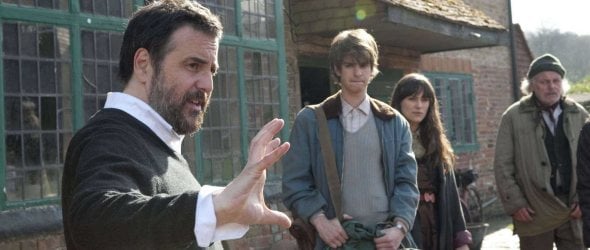
You got your start in music videos, along with a lot of other directors who have gone on to amazing feature directing careers, but it still feel like there's a stigma about being a music video director moving on to making films.
I do have a little chip on my shoulder about that, because it's sort of like, music video director is almost like a pejorative, because most music videos are so crappy. There's nothing I can say about it except that [with] this film [I'm] starting to be the filmmaker I want to be. Music videos were this lucky career opportunity. They were assignments. I was providing a service, and they were meant to be punchy and gimmicky and fun. So that's what I did. But it's not who I am as a filmmaker. It's who I was in those moments as miniature assignments. I always wanted to be a feature filmmaker and tried to treat that experience as some sort of elite film school where I could learn the craft, and got paid to learn the craft. And I got to meet all these great people and try out all these aesthetics and genres and gear. But these are more the kind of films that I love.
Do you see yourself continuing in the independent arena. You kinda had flirted with big budget studio stuff.
Yeah, probably for a couple more films. I'd love to make a bigger film if [we had] resources, if the story is exciting to me. But I'd rather do it when I have more autonomy to navigate the studio process which I didn't really have the last time around. Look at David Fincher or Christopher Nolan, they've worked themselves into the position where they can make big budget films in the way they 'd like to. I'd rather wait until I get to that place, if I'm lucky enough.
A lot of newish, independent directors are being offered giant projects, like Marc Webb for Spider-Man. Do you feel like you have to be especially wary of that, of signing on for a lot of money and then having a studio push you around?
That's a yes or no question and the answer is yes. You know, it's a jungle out there. I had a really nice experience on this movie. All the director wants is their idea of the movie to be believed in. Whether you like it or don't like it, it's the film we wanted to make.
What do you mean when you say you're becoming the filmmaker you want to be on this film?
It's based on a novel by one of the greatest living novelists, not some mediocre screenplay that I scratched together myself. It's a piece of real quality that we're adapting, by a real artist.
So it's the aesthetics maybe more than the story?
The aesthetics are really in service of the story. I'd like to make all kinds of different films and different aesthetics, based on what the story requires, or what's going to be the most evocative interplay between the content and form of the film.
You say the aesthetics are in service of the story, but people come out talking about how beautiful the film is. That doesn't happen by accident.
Well I was trying to creative some kind of visual grammar that I thought could approximate an analog to [Ishiguro's] style of writing. The truths the book deals with are very disturbing, but he writes them very, very beautifully, and they're delivered with a gentleness and a deceptive simplicity that seemed to be some sort of hybrid between a Japanese sensibility and this British subject. I tried to create an aesthetic and a beauty that would start to approximate your experience of reading the book.
How did you develop the score with Rachel Portman? It adds so much to that aesthetic you're describing.
Well we wanted it to be romantic without being sentimental. It's a love story ,and we wanted people to engage with the film emotionally, but it's very delicate. You don't want to have that kind of music that's indicating and pushing you to feel one way or another. And like the visuals, I wanted it to be beautiful. It's very hard to make a beautiful score that's not pushy or sentimental, and Rachel did a great job of walking that tightrope.
And then it ramps in emotions until that climactic scene at the end.
Well Ishiguro's style is kind of a drip feed of information. A lot of movies about holding back-- you can't hold back and then the movie's over. You've got to hold back and then eventually release that tension.
The holding back happens a lot more in the book, because the reveal of the situation takes longer in the book.
It takes longer but in terms of the basic structure it's pretty much the same.
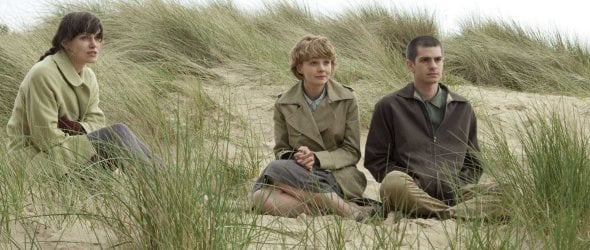
Yeah, the title card in the beginning [explaining the advances in medical technology that lead to the plot of Never Let Me Go] is the biggest difference, and that seemed like a conscious change on your part.
Yeah, people were confused about it. They were so busy trying to figure it out that they weren't engaging with the movie emotionally. Because I can't say enough I don't think it's a science fiction film. It's a love story with an unusual science fiction patina to it. If people go thinking they're going to see a science fiction film they're not going to connect with it as deeply.
Do you have trouble talking about the movie and figuring out how much detail you can reveal?
I have no control over that. I'd rather people come in with a clean a slate as possible. But people who have read the book and come in and know it, in the first act they have this knowledge as they're watching it which almost fills it with more pathos.
Every frame is so sad knowing that.
I think it's OK to be sad as long as it's sad and beautiful and cautionary. Just to be sad would be depressing.
You seem so happy about working with this great source material, but there's also this proprietary attitude that people have too-- that the book is theirs, and no other version will be any good. Were you worried about that when you decided to tackle this?
Well you can't be concerned about that, because it comes with the territory. You occasionally meet people, "Why did you change this? I always imagined in this way?" But I would say there's almost unanimous approval from people that loved the book. Some people almost like the film more, dare I say it. All I can do is how I pictured it, and if I piss people off, I can't help it. <
More Cinema Blend coverage from the 2010 Toronto International Film Festival right here.
Staff Writer at CinemaBlend


